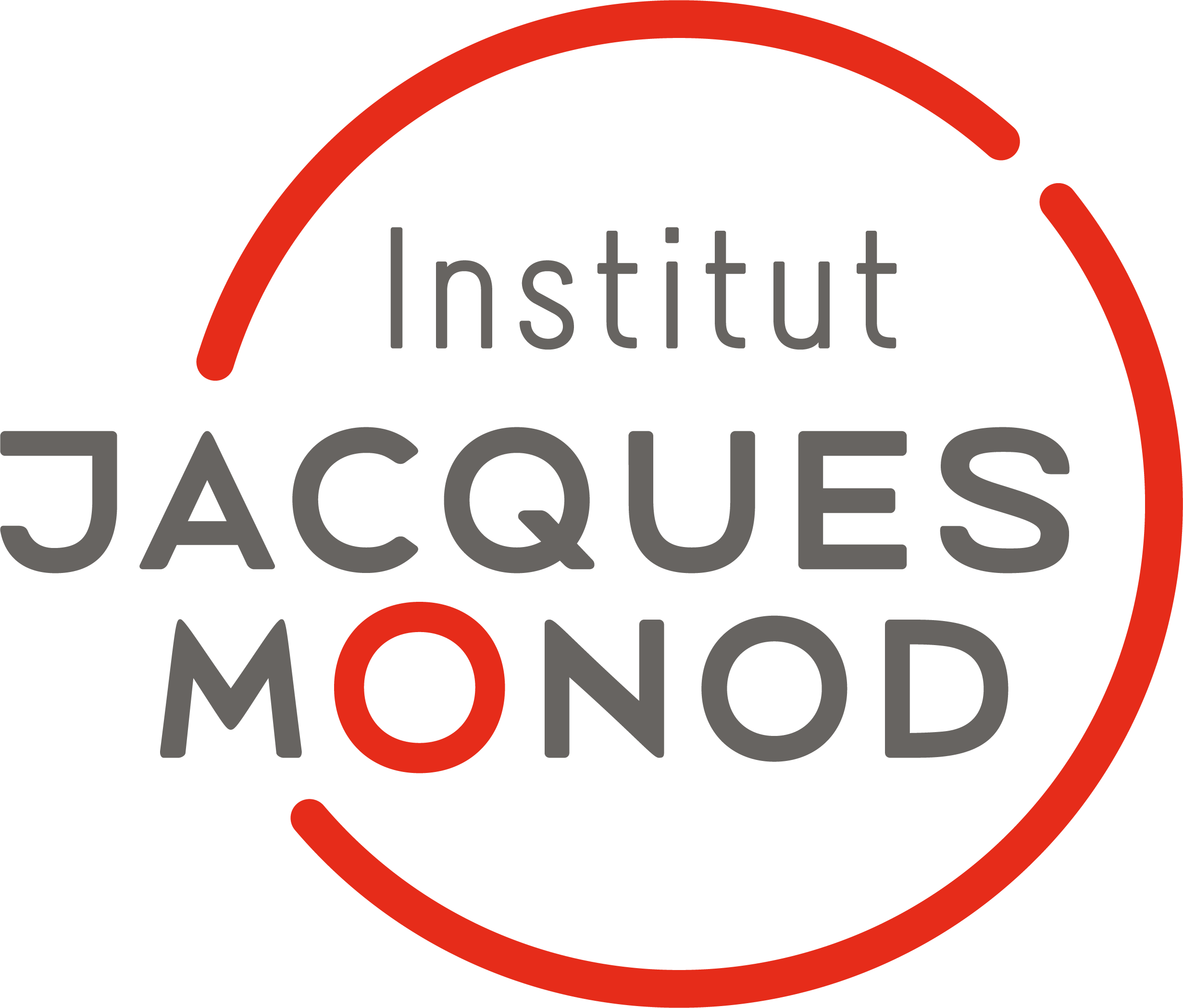Contract Period : 12 months
Expected date of employment : 1 September 2024
Apply before July 15th 2024 on : https://emploi.cnrs.fr/Offres/CDD/UMR7592-ANTJEG-021/Default.aspx?lang=EN
Missions
A post-doctoral research position (12 months renewable) is open in the “Regulation of actin assembly dynamics” team (www.actindynamics.net) at the Institut Jacques Monod (UMR7592 CNRS/Université Paris Cité, Paris) to join a project to characterize the mechanical properties of actin filament networks. This project is in line with the team’s general interest in understanding how actin regulatory proteins enable the construction of actin networks with varied architectures and dynamics, and will be carried out in collaboration with another team (cell biology) at the institute. In particular, the team is developing quantitative in vitro approaches, combining fluorescence microscopy, microfluidics, optical tweezers and micropatterning.
Activities
The successful candidate will :
- participate in project design,
- use and develop new methodologies,
- carry out experiments,
- analyze them quantitatively,
- model data,
- communicate results,
- write reports and research articles.
The candidate will use a wide range of approaches, including microfluidics to manipulate fluorescent filaments.
Skills
The candidate must hold a PhD, preferably in biology or soft matter physics, with a strong interest in biology/biochemistry. The candidate must be able to work independently as part of a collaborative project with teams outside the institute, interact in English with team members, have the ability to lead a project, and have a good level of scientific English (French is not compulsory). Minimum English level B1.
Work context
The Institut Jacques Monod (IJM), housed in an 8,000-square-meter building on the Université Paris Cité campus, is one of the leading centers for fundamental biology research in Paris, offering a multidisciplinary research environment. The IJM brings together some thirty research groups working on cell and developmental biology, biophysics and genomics. The postdoctoral researcher will benefit from a highly stimulating scientific environment, and will have access to state-of-the-art equipment (notably the photonic microscopy, electron and flow cytometry platform), located at the IJM.

